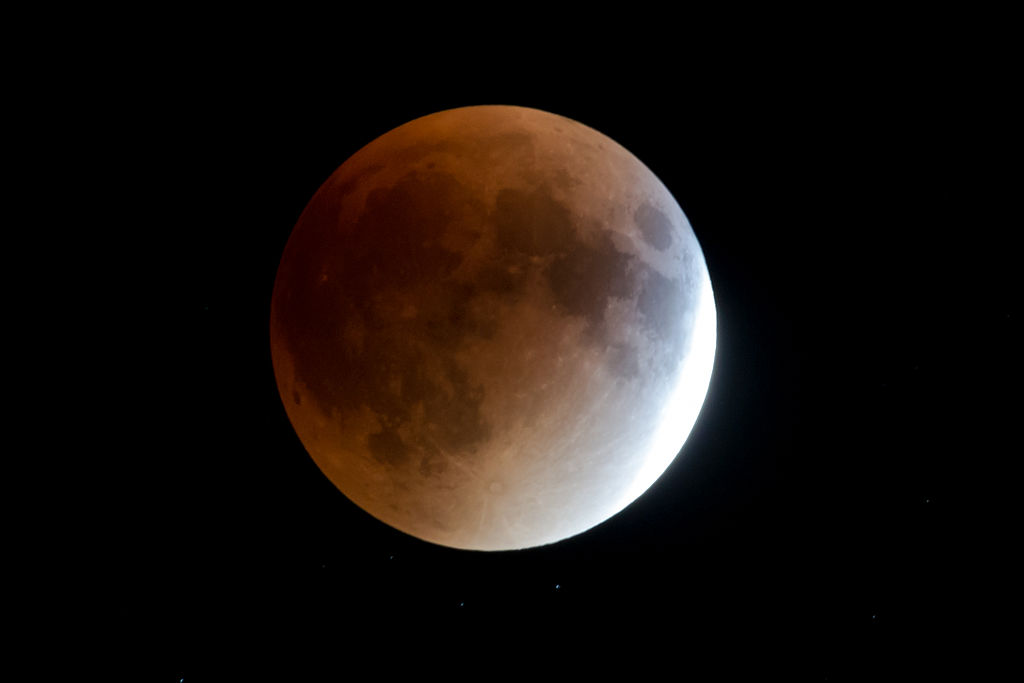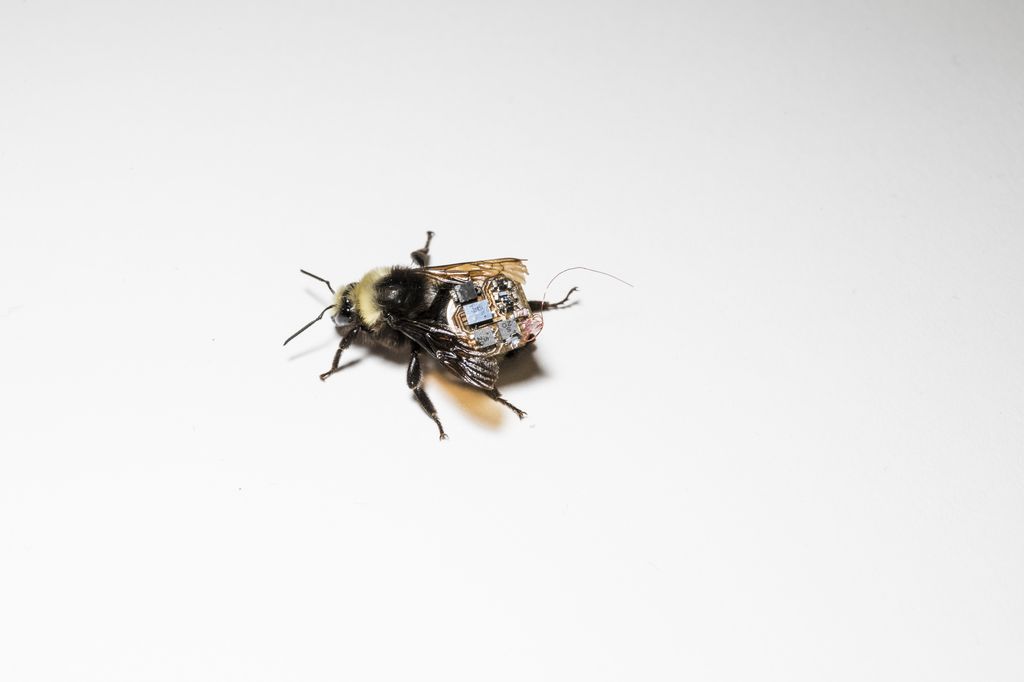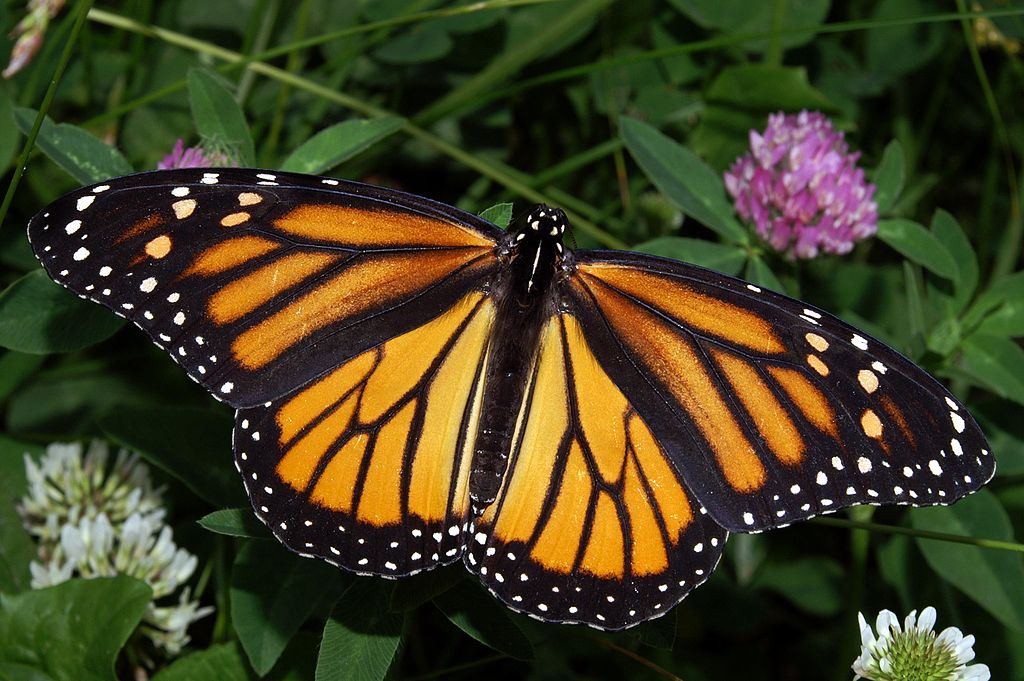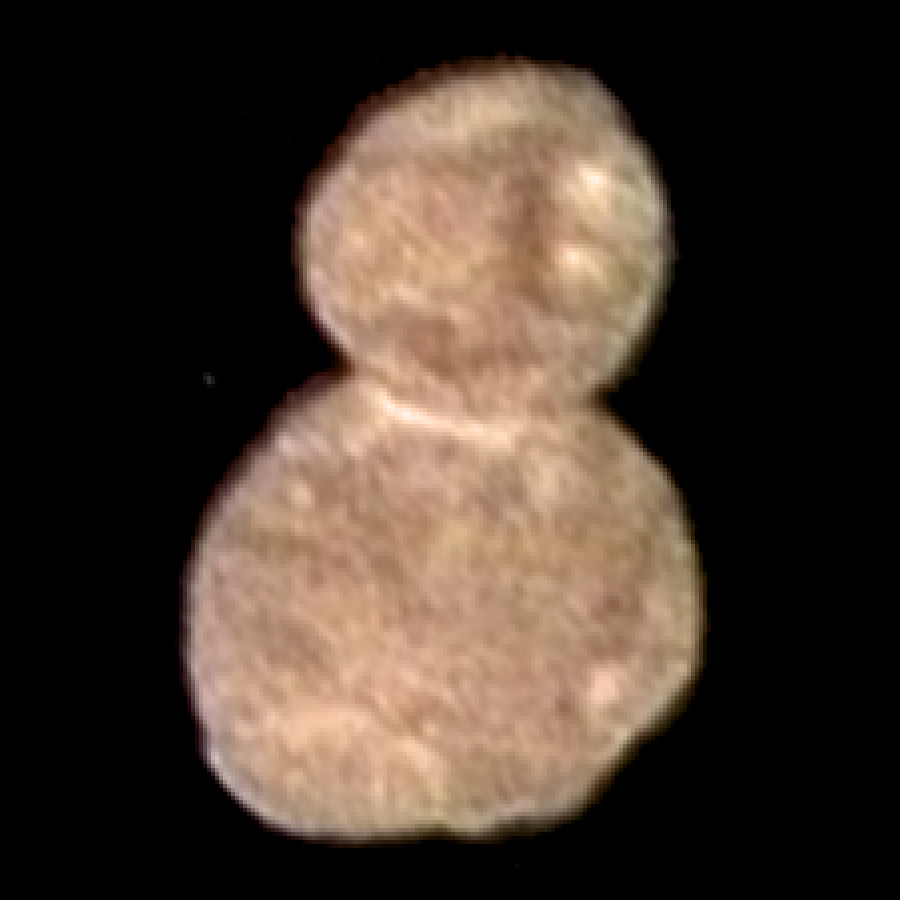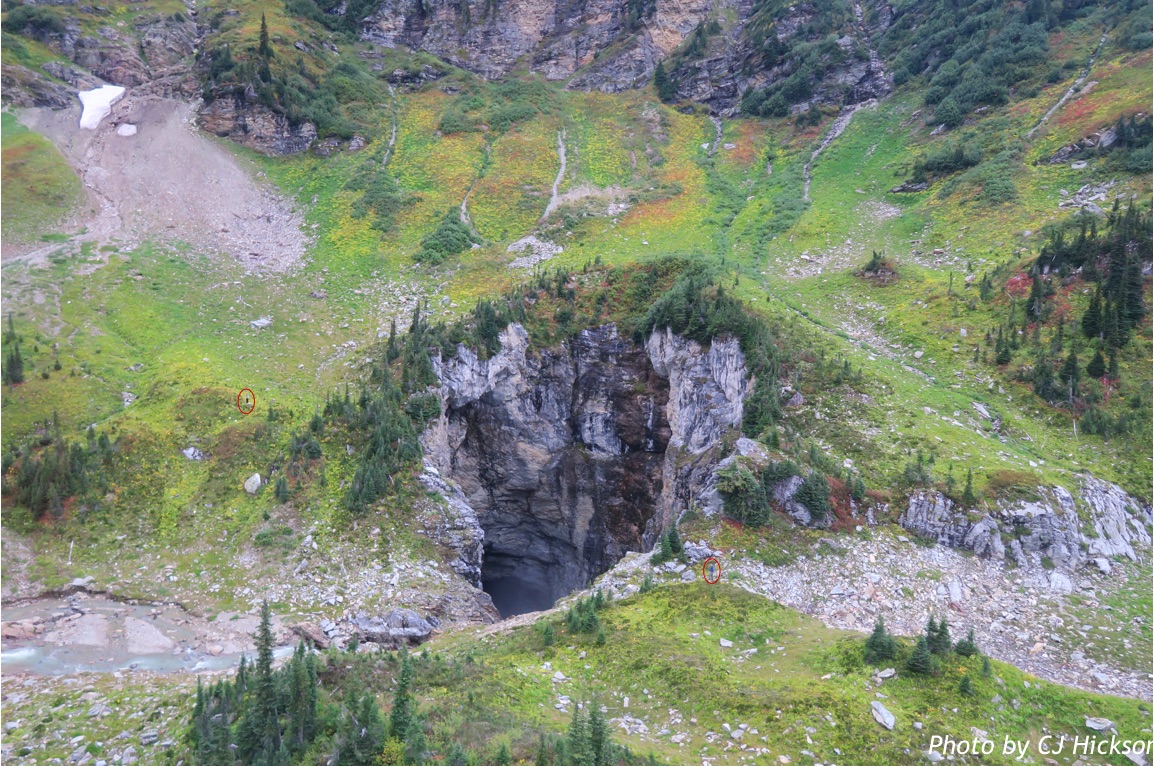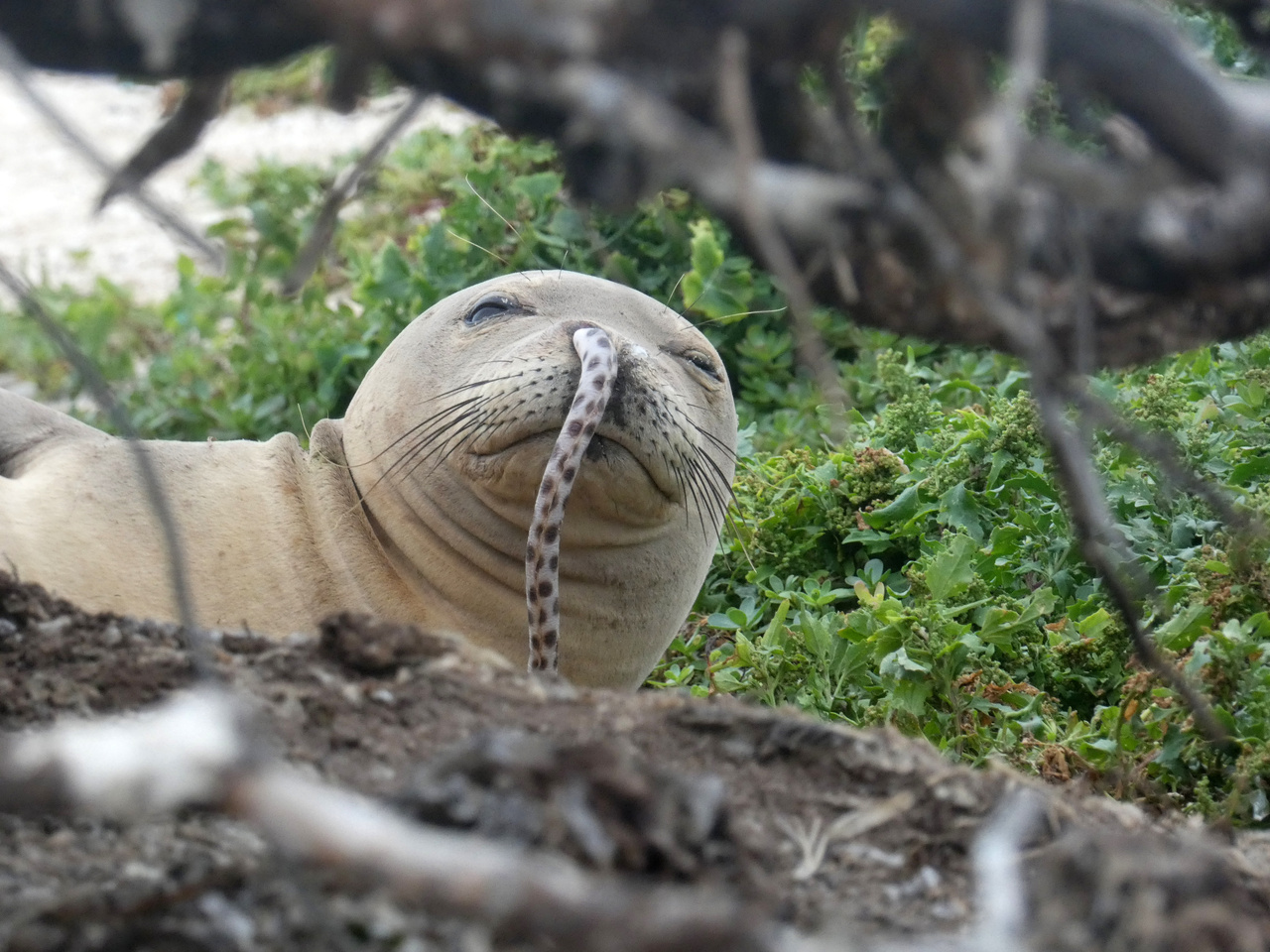On Sunday night/Monday morning, people in North and South America, as well as some parts of Europe and Africa will have a chance to see a total eclipse of a "super blood" moon.
Published in “North America”
Scientists at the University of Washington have come up with an unusual way to help farmers get information about the plants in their fields: putting sensors on the backs of bumblebees.
The US has extra cheese - lots of it. Milk producers in the US are storing about 1.4 billion pounds (630 million kilograms) of cheese. That's a record amount.
When workers think they aren't being treated fairly, one way they can make their voices heard is by striking - refusing to work. Here's a look at four different groups of workers striking around the world.
Every year, butterfly lovers in California go out in November to count monarch butterflies. The 2018 count had a very worrying result - monarch numbers had dropped by 86% since 2017.
Grocery stores are testing different ways of delivering orders using self-driving cars. Companies are experimenting more as self-driving cars get better and the pressure from online stores like Amazon gets stronger.
In September, a group called Ocean Cleanup towed a huge floating screen out to sea. The screen was meant to clean up plastic pollution. Now the device is broken and being towed to Hawaii.
The US government has been shut down since December 21 because President Trump and Congress don't agree about whether the US should spend money to build a wall between the US and Mexico.
A NASA spacecraft has sent back pictures of the object farthest away from earth that humans have ever seen. The object is 21 miles (34 kilometers) long and looks a bit like a snowman.
In April, a group of Canadian scientists flying in a helicopter spotted something they didn't expect to see - a huge, unknown cave with an opening the size of a football field.
When a research group posted a picture of a young monk seal on the Internet, the picture, and the seal, soon became big news. Why? The seal had an eel hanging out of its nose.

